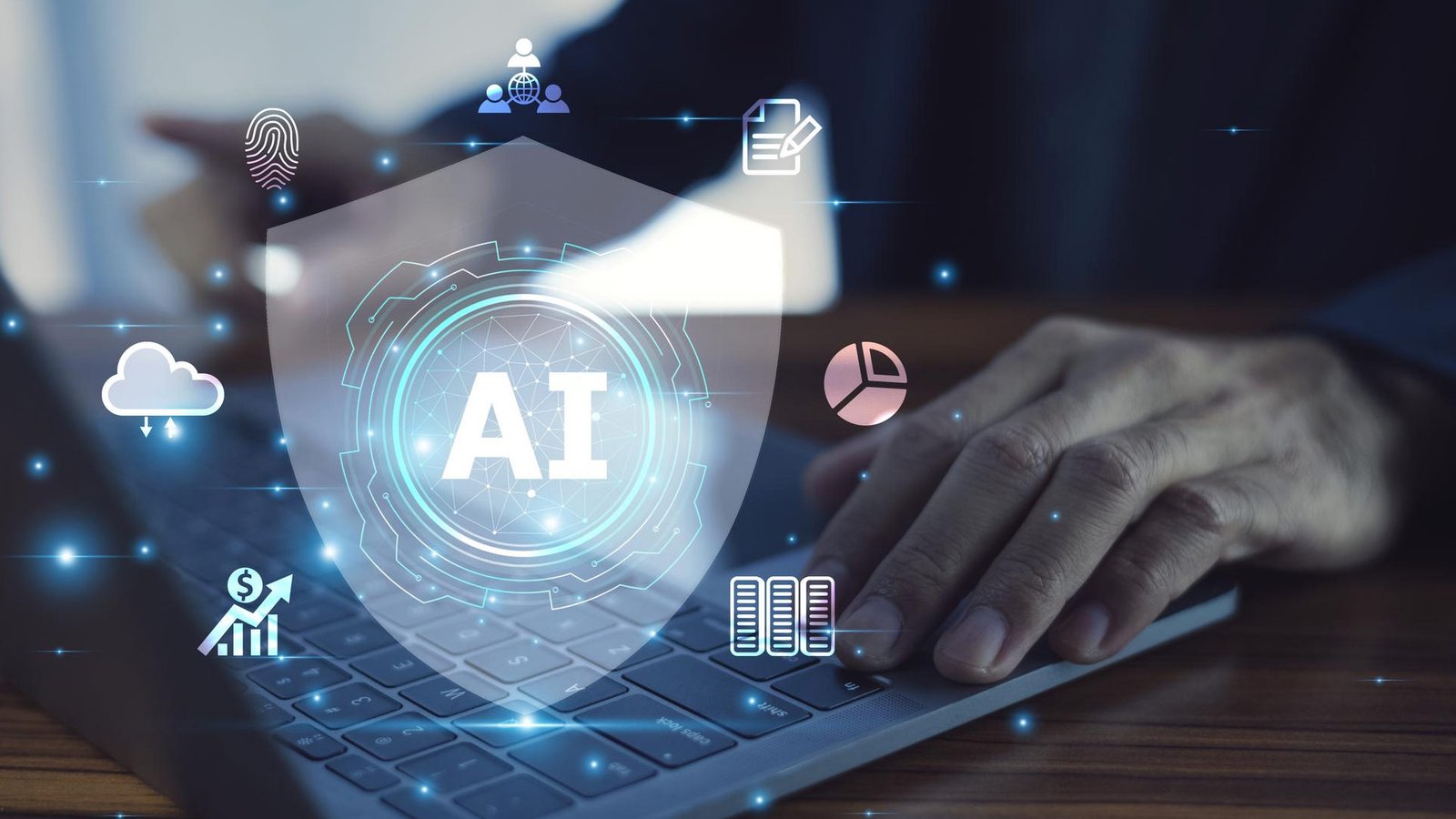AI in 2035: autonomous systems, data battles, and ethics. The trends that will shape tomorrow’s enterprises.
The AI focus at the C-suite is evolving, moving beyond AI adoption to something deeper. The approach of integrating AI. It is no longer a debate of deploying a single application but rather, a new AI-driven operating model of the enterprise. AI Integration and advanced analytics are the new blood of a business today but this tectonic change comes with a different package, including issues of ethical governance alongside transformation in the workforce. This write-up takes a look at how the work of leaders now goes beyond pilot programs into using AI technology to drive a resilient, ethical, and competitive future.
Table of Contents
From Tools to Teammates: The Rise of Autonomous Systems
The Data Deficit AI’s Next Crisis
The Unanswered Question: The Ethics and Economics of AI
From Tools to Teammates: The Rise of Autonomous Systems
Which are the Future AI Trends that will Define the Future of Integration? The single trend that is most influential is the development of AI agents as autonomous systems, as opposed to mere tools. By 2030, these agents will shift into areas beyond repetitive tasks and be collaborative partners able to perform complex and multi-step workflows with little human intervention. The future of work is not an issue of replacing humans but the augmentation of human beings. This represents one of the main trends in AI integration into the future. The actual leadership question must be: What are the ways leaders can design an organization in which a human and an AI agent can be in persistent, collaborating learning? There is now the rise of the new position of a Chief AI Officer, whose focus lies in closing this divide and establishing new metrics of success in a hybrid workforce.
The Data Deficit AI’s Next Crisis
AI is as good as its feeding data. Traditionally, AI integration is on the fast track, but a data deficit or the scarcity of high-quality in-house data required to make bespoke, domain-specific models continues to plague organisations. The decade that lies ahead will be characterised by a cut-throat fight over data as a strategic asset. Intelligent leaders have already started to invest in the creation of strong and connected data ecosystems and to test new approaches such as synthetic data and federated learning to circumvent this difficulty.
The Unanswered Question of The Ethics and Economics of AI
The deeper integration of AI technology comes through the business, the more pressing the ethical and economic questions are. Arguments on AI and ethics are no longer abstract; they are posing a direct threat to brand reputation as well as a leading factor influencing regulation. There are a lot of risks associated with biased algorithms, data privacy exposure, and intellectual property. At the same time, the productivity potential of AI, which is predicted to reach up to 40 percent by 2035, is accompanied by the huge challenge of dealing with workforce changes of an analogous level. Leaders have to confront such paradoxes. It is not only a question about sustaining innovation but also about doing so in a responsible fashion, fostering structures of transparency and accountability that instil trust on the side of the consumers and deliver sustainable value. This is an essential aspect as far as the future state of integration with AI in the next decade is concerned.
Discover the latest trends and insights—explore the Business Insights Journal for up-to-date strategies and industry breakthroughs!

